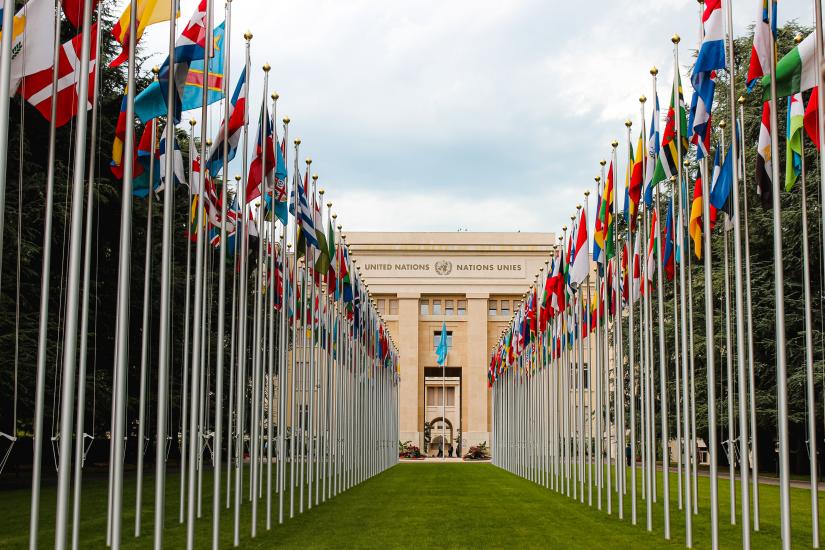
The Department of Legal Studies cordially invites you to the upcoming Brown Bag seminar with Prof. Inga Winkler on Tuesday, April 18, 1 – 2 pm. Prof. Winkler will present a chapter of her book project “What Makes the UN Special Procedures Special? Sparks and Glimmers for the Realization of Economic, Social and Cultural Rights”. You can find a description of the book project below.
The seminar will be held in hybrid format.
Zoom details:
Meeting ID: 961 1336 7634
Passcode: 404298
Room: QS B-319
Abstract
Critiquing the UN human rights system is easy. The UN never does enough, it is too slow to respond, it issues many statements and recommendations, but cannot enforce these. It is indeed a flawed system. Yet, it is the only global human rights system. The Special Procedures form part of it as independent experts mandated by the Human Rights Council. They monitor human rights violations and promote progress in realizing human rights by undertaking country missions, communicating with States, and issuing reports. The book is motivated by the central question of “what makes the Special Procedures special?” To answer this question, the book unpacks the tensions inherent in the Special Procedures system. It is a system created by States meant to monitor these very States in their human rights compliance. This system does not have any ‘real’ enforcement powers because States have created it that way, but it does have soft power. This design creates inherent tensions, but also unique opportunities.
Rather than (only) criticizing the UN human rights system for its shortcomings, my project asks how we can make the most out of the existing—flawed—system. The study explores how to capitalize on these tensions and understand the unique role of the UN Special Procedures. Mandate-holders are experts who operate within a political system. They are mandated by an intergovernmental body to be an independent voice. How can they capitalize on that independence in combination with the imprimatur of the United Nations? At the same time mandate-holders are constrained by being part of a system that has no power to enforce human rights obligations. They ultimately rely on their voice. How do they turn this into cajoling, persuading, incentivizing, and scolding? How do they capitalize on their access to decision-makers, their convening power, and their capacity to amplify the voices of human rights defenders and civil society actors?
The two images most often invoked to describe the Special Procedures are that of the ‘crown jewel’ and that of the ‘eyes and ears’ of the Human Rights Council. Based on extensive interviews and roundtable discussion, the book explores what these labels mean in practice through case studies, anecdotes, and experiences that let the work of the Special Procedures come to life.
Photo: (c) Mathias Reding via unsplash.com